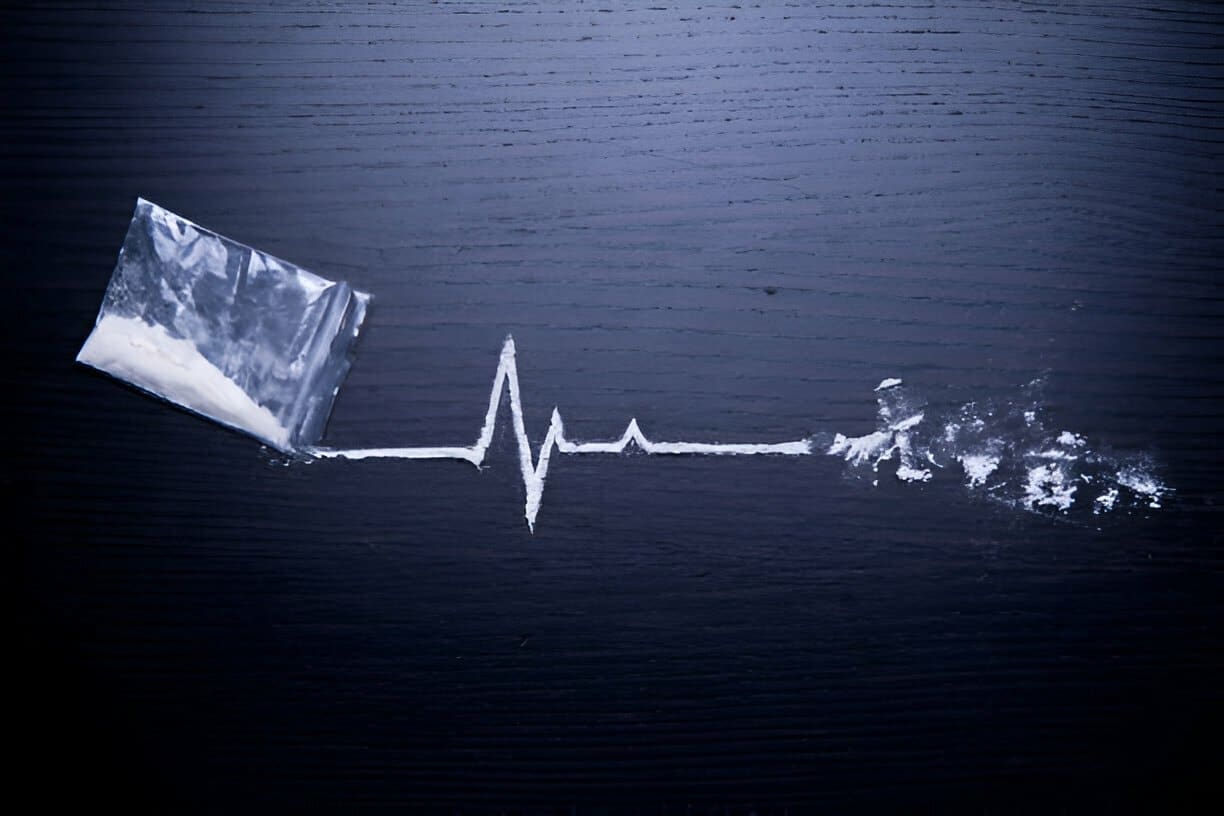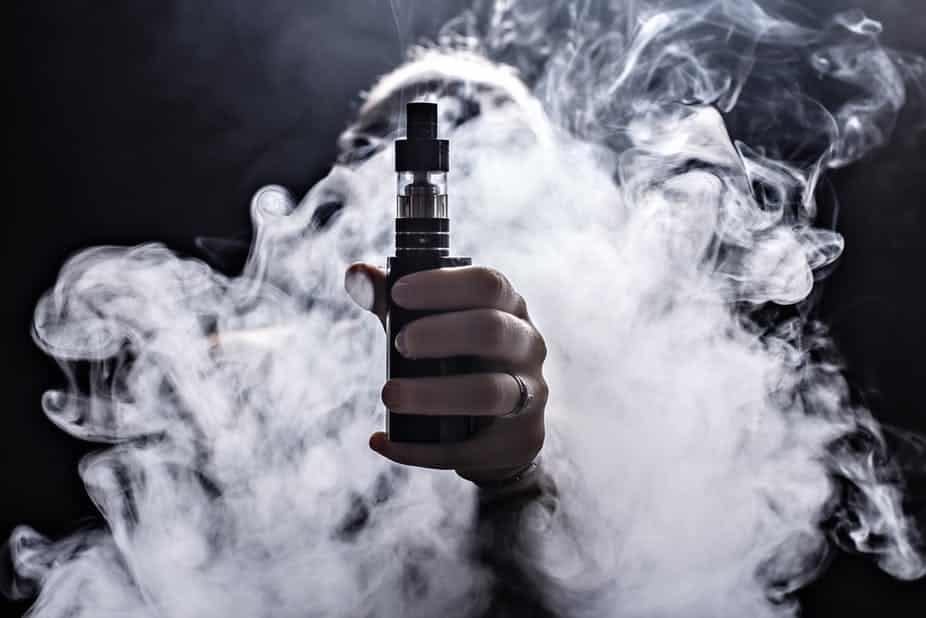
Sex is a healthy and joyful part of most people’s lives; for others, however, it can become an all-consuming addiction with disastrous ramifications for their everyday lives and future opportunities.

Sex addiction is a disorder marked by compulsive sexual impulses to participate in sexual activity, regardless of the negative repercussions to one’s physical and mental health or living circumstances. People who suffer from sex addiction are obsessed with sex and associated topics; they spend most of their time thinking about, planning, seeking out, and actually having sexual intercourse, frequently at the expense of vital and/or previously valued hobbies, obligations, and relationships.
The concept of sex addiction and the behaviours that define it are still being debated in the medical and psychiatric fields. There is no universal agreement on whether compulsive sexual behavior is an addiction – none of the leading official diagnostic frameworks, such as the Diagnostic and Statistical Manual of Mental Disorders (DSM), recognises sex addiction as a distinct disorder – so different approaches to classifying and diagnosing it can be found. Because of the enormous complexity and variation of human sexuality and sexual experience completely normal behaviour for one person may be interpreted as suggestive of serious issues by another.
Don’t go through the process of recovery alone. Treatment providers can answer your questions. Get in touch with one today.
Call 0800 999 1083 today!
Sex addiction is difficult to identify because sex is a natural human behaviour. Often, what constitutes regular sexual behaviour changes, making it even more challenging to identify sex addiction. Fetishes were once thought to be aberrant, but that is no longer the case. It is now widely accepted that certain sexual inclinations are not intrinsically wrong.
If you have several sexual partners and enjoy spanking or other kinks, it does not indicate you have a sex addiction, as long as you do not compulsively engage in these behaviours. Sex addiction isn’t defined solely by the amount of sex you have, how you have it, or how many people you have it with. Sex addiction is thought to result from a desperate attempt to fill an emptiness, chase a high, or get away from yourself.
Though there are some parallels between sex and love addiction, the two conditions are fundamentally different and are treated separately in professional settings:
An obsession with sexual things and a constant or near-constant state of arousal in the affected person are two frequent features of sex addiction and porn addiction. However, someone who is addicted to pornography will usually limit how they regulate their arousal to watching pornography, which is generally (but not always) accompanied by masturbation. Someone with sex addiction will not only engage in excessive pornography and masturbation but will also seek out genuine sexual intercourse and other sex-related activities.

Other addictions, such as food, gambling, and work, are similar to sex addiction. These are referred to as “process addictions.” Non-chemical addictions, such as process addictions, do not include drugs or alcohol.
Process addictions are difficult to overcome because they centre around life’s necessary and pleasant aspects. Food is essential for survival, and gambling requires money, which is needed to meet your daily necessities. This makes it a little more challenging because these are things you have to deal with on a daily basis.
Sexual addiction is comparable to other addictions, such as alcohol and drug addiction, because it includes continuing to engage in a behaviour despite the possibility of negative consequences. Following your participation in them, you feel guilty and embarrassed. When the activity or behaviour is not carried out, you will feel uncomfortable and disoriented. You have little or no control over your compulsion to engage in a process or chemical addiction, no matter how hard you attempt to stop.
There are no widely acknowledged categories of sex addiction in which each case may be classified because there is no consensus on how – or whether – to categorise sex addiction as a distinct condition.

Those treating the disorder, however, have recognised several types of sex addiction, which are primarily characterised by the sort of sex sought by the individual addict (though of course a person can be interested in, and seek out, more than one form of sexual activity).
Here are some different types of sexual activity that can obsess a sex addict:
Sex addiction is connected with various symptoms, both the addiction – in terms of obsessive sexual activity – and withdrawal from it if the addict stops their damaging behaviour.
Sex addiction can result in a wide range of emotional reactions. An addict may experience great excitement at the prospect of upcoming encounters while engaged in the cycle of behaviour that typically constitutes an ongoing sex addiction, which can cause a sustained high mood; however, after sexual activity, they may be plunged into despair and plagued with remorse, shame, disgust, self-loathing, and depression. Loneliness and anxiety can be experienced regularly, if not continuously. If the addiction has long-term implications (such as destroying relationships or causing financial difficulties), the addict may experience despair and anxiety in the future.
There are numerous physical consequences of sexual addiction. The physical signs of this disorder, however, are relatively minimal. A sensation of lethargy, laziness, or immobility resulting from persistent sexual fantasies and fixation is the most typical physical sign of sexual addiction.
Withdrawal from sex addiction is often followed by mood swings, dysphoria, humiliation, guilt, and anxiety; depression is a severe issue that can lead to self-harm and even suicidal ideation in extreme situations.
Sex addiction, like any other sort of addiction, can have a variety of origins. Both genetic and environmental factors have been shown to have a role in the development of addiction. Each case of the disease has its unique basis in the addict’s unique family background, upbringing, and life experiences.

Behavioural addictions are disorders of the brain’s reward system, affecting the ventral tegmental region and the amygdala in particular. Repeated behaviour can cause changes in chemical levels, such as dopamine, which alter receptors in the brain’s reward centre, driving greater engagement in that behaviour and potentially leading to withdrawal symptoms if that behaviour is stopped. Individuals who have pre-existing problems in any aspect of this process (such as faulty dopamine production) are more likely to develop addictions (behavioural addictions and substance abuse disorders).
The temporal/frontal lobe has been identified as the area of the brain most responsible for controlling libido. Those who have had injuries or illnesses that impair this portion of the brain are at a higher risk of developing behavioural disorders like hypersexuality.
All addictions, whether to drugs, alcohol, or different sorts of behaviours, are influenced by genetic susceptibility to addiction. Sex addiction is no exception; the genetic features you acquire from your parents can significantly impact your vulnerability to addiction.
Many psychological factors can lead to the development of sex addiction, and each mix of these factors is unique, just as each individual’s mind is.
Many people use sex as escapism from loneliness, depression, and other destructive emotions, which can lead to compulsive behaviour that can lead to addiction. Low self-esteem is often cited as a significant factor.
Individuals with personality traits such as low self-esteem, difficulty maintaining intimacy and relationship stability, insecurity, low tolerance for frustration and people with paraphilia-related disorders are all more likely than the general population to develop sex addiction.
Other factors such as abuse during childhood, family dysfunction, imbalanced hormones/ neurotransmitters and social influences are also known to play a role in developing a sex addiction.
Even in the medical field, the dangers of sex addiction are frequently underestimated. However, just as these addictions’ brain chemistry has a lot in common with substance misuse, so do the physical and psychological effects. When demands for sex aren’t satisfied, the brain’s levels of neurotransmitters, which are necessary for proper functioning, plummet, resulting in depression, anxiety, and even insanity. Because the same brain parts are responsible for sex and pain perception, sexual urges can even emerge as physical pain.
Sex addiction can create harmful and inaccurate expectations about what constitutes a satisfying sexual relationship. This is made worse by the fact that it has a significant impact on family and interpersonal connections. Sex addiction is frequently accompanied by dishonesty, denial, and significant trust issues, which can lead to broken relationships with romantic partners, children, friends, and coworkers. Simple daily responsibilities such as employment, child care, and household tasks go neglected as the condition worsens, as the person becomes increasingly focused on gratifying desires.
A sex addict may indulge in excessive amounts of sexual intercourse and/or masturbation, feeling compelled to do so at all times (including inappropriate moments). As a result, individuals may find it difficult, if not impossible, to focus on other activities, such as employment, with obvious ramifications for everyday life, financial stability, and so on. Normal relationships can be challenging to maintain, with sexual compatibility (or, rather, the lack thereof) posing a particular challenge.
Sex addicts may struggle to see others as anything other than possible partners and/or participants in sexual activity, which can make even routine interpersonal encounters difficult. Sex addiction frequently results in social isolation and loneliness.
Sex addiction can have long-term effects on people who suffer from it. It can lead to the dissolution of marriages and other long-term partnerships, as well as detachment from other family members, acquaintances, and connections. Career possibilities can be permanently harmed if the addiction has led to excessive spending and debt, and financial prospects can be similarly harmed if the addiction has led to excessive spending and debt.
Various sexually transmitted diseases, including potentially fatal illnesses like HIV/AIDS, can develop as a result of unsafe and/or promiscuous sex. In contrast, very rough and/or kinky sex can result in lasting harm. Sex addiction can also develop sexual dysfunction in the long term.
Depending on the nature of an individual’s sexual preferences and proclivities, they may face legal challenges, such as criminal penalties and a criminal record, which could have serious consequences for future work possibilities, travel opportunities, and so on.
There is a relationship between sexual addiction and substance abuse, according to research. They’re both driven by a desire to stimulate the pleasure and reward centres of the brain. You seek sexual activities because of the chemicals released by your brain during and after sex. When the high wears off, though, you’re left with feelings of remorse, shame, and guilt. These sentiments can be terrible, and as a way of dealing with and escaping from them, you may turn to substance abuse.
Despite the fact that sexual addiction is not yet medically recognised as a mental condition, it is becoming recognised as a mental disorder that requires appropriate treatment and assessment. Sex addiction can occur in conjunction with other mental diseases such as depression and anxiety, which might predispose you to these disorders.

Psychotherapy is considered the core strategy to treat sex addiction, as it is with all addiction treatments. Cognitive behavioural therapy (CBT), dialectical behaviour therapy (DBT), motivational therapy (MT), and motivational interviewing (MI) are some of the most often used treatment models. At the same time, other methods of treatment have also been proved to be effective.
There are a number of support organisations available to help sex addicts overcome their addictions, including Sex Addicts Anonymous and Sex & Love Addicts Anonymous, which offer 12-step programmes for addicts in recovery. Sexaholics Anonymous and Sexual Compulsives Anonymous are two other support groups.
According to studies, up to 6% of adults suffer from sex addiction or compulsive sexual behaviour.
Despite the fact that different research provides varied results, it is estimated that up to 80% of those suffering from sex addiction are men – but far more women than men suffering from porn addiction explicitly live out their behaviours in real life.
Online pornography is viewed by more than 40% of internet users.
80% of all sex addicts also have other addictions, such as substance abuse disorders.
Adults who have been sexually abused as children are much more susceptible than the general population to developing sex addiction.
Addiction can make you feel as if you’ve lost control of everything important in your life. Even so, you can regain back that control by seeking treatment for your condition. Take the first step and call us on 0800 999 1083 to speak with our addiction specialist team and begin the process of returning to a healthy, happy sex life and a better overall existence.

BACP accredited psychotherapist with 16 years experience working in mental health specialising in psychodynamic person-centred therapies treating those with a range of mental health disorders including anxiety, depression, OCD and Addiction.

Fill in your details and we’ll send you a message via SMS.

No matter where you live, there are drug and alcohol rehab options for you to discover. Treatment providers are waiting to answer your questions. Get started today.

Ever felt that gnawing ache or burning sensation in your gut after a night of drinks? You’re not alone. Stomach pain after drinking is a common complaint, and there are a few reasons why it might happen. Let’s delve into the science behind the discomfort and explore ways to soothe your stomach. The Irritating Truth: … Continued

Cocaine, a stimulant known for its short-lived burst of energy and euphoria, hides a dark side. Behind the initial high lies a dangerous potential for overdose, with severe health consequences and even death. This article delves into the world of cocaine overdose, equipping you with the knowledge to recognize the signs, understand the dangers, and … Continued

Adult smoking habits in the UK refer to how often and in what ways people aged 18 and above use tobacco. This includes everything from smoking cigarettes every day to occasionally lighting up, as well as using other tobacco products. Understanding these habits is important for several reasons: Public Health: Smoking causes many diseases that … Continued

Addiction in the UK is a complex issue that is connected to various aspects of society such as healthcare and law enforcement. It affects people from all backgrounds and has negative impacts on families, communities, and the entire nation. Understanding addiction involves not only looking at the uncontrollable use of substances and repetitive behaviors but … Continued

Don’t go through the process of recovery alone. Treatment providers can answer your questions. Get in touch with one today.
Call 0800 999 1083 today!








